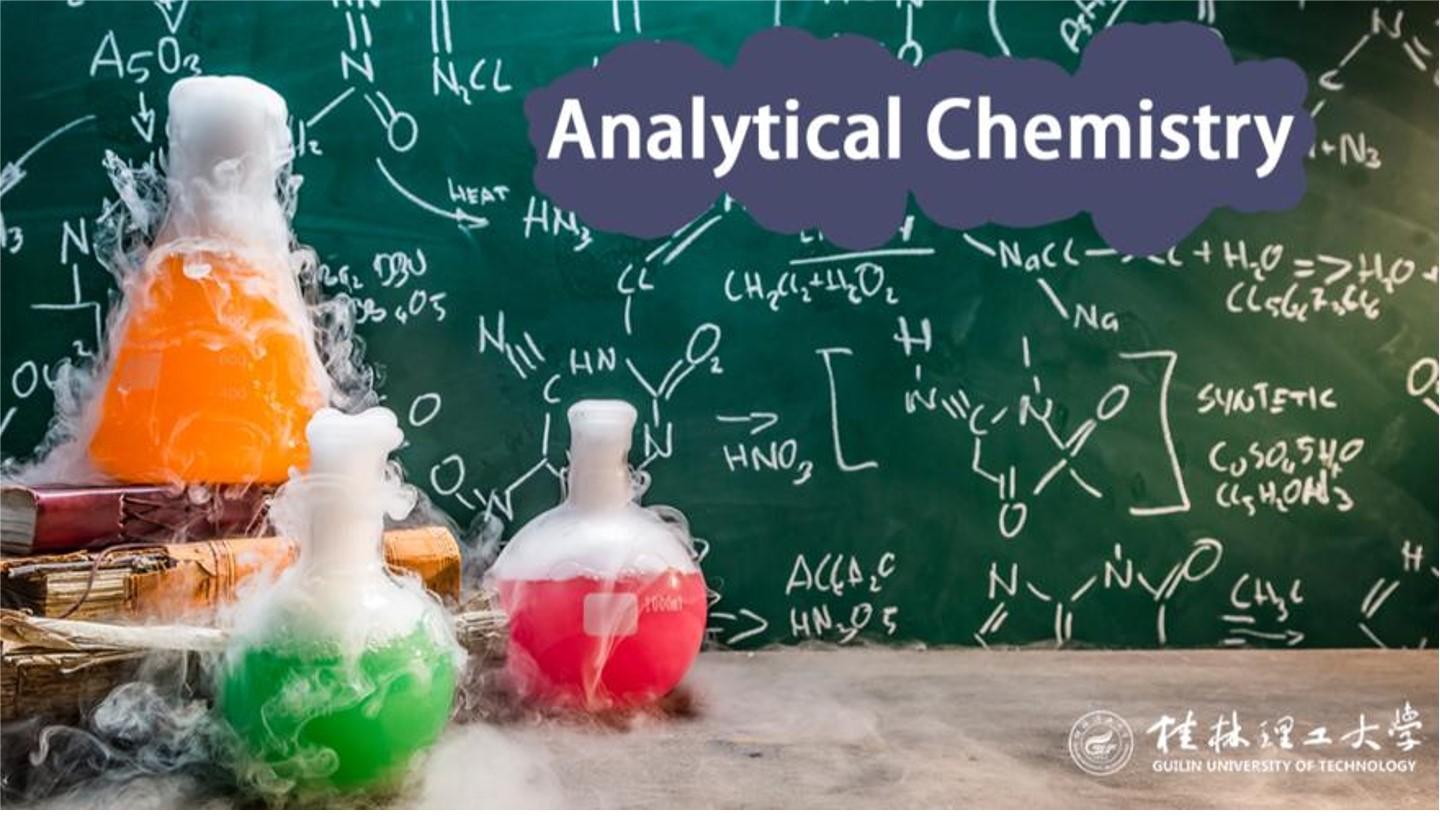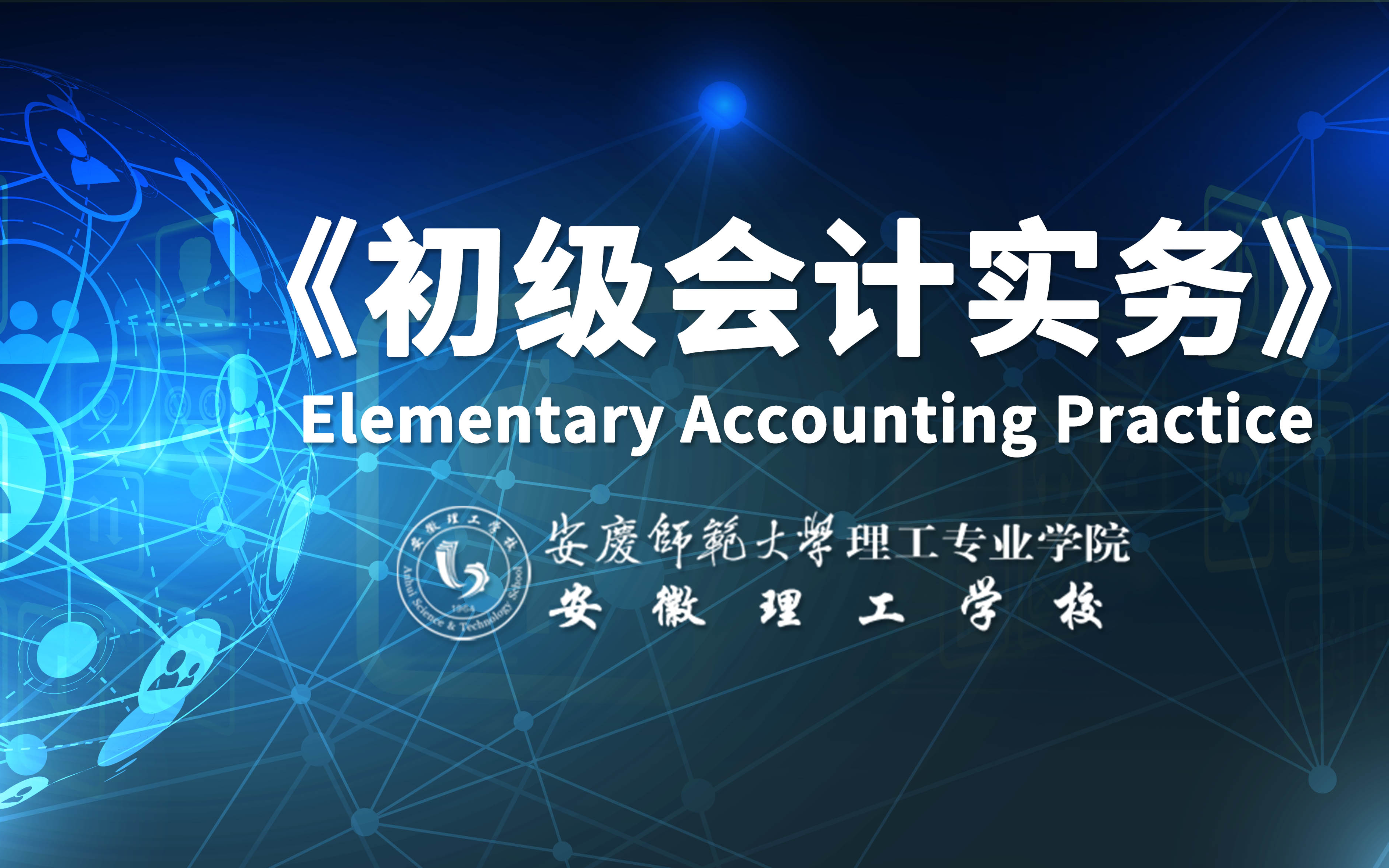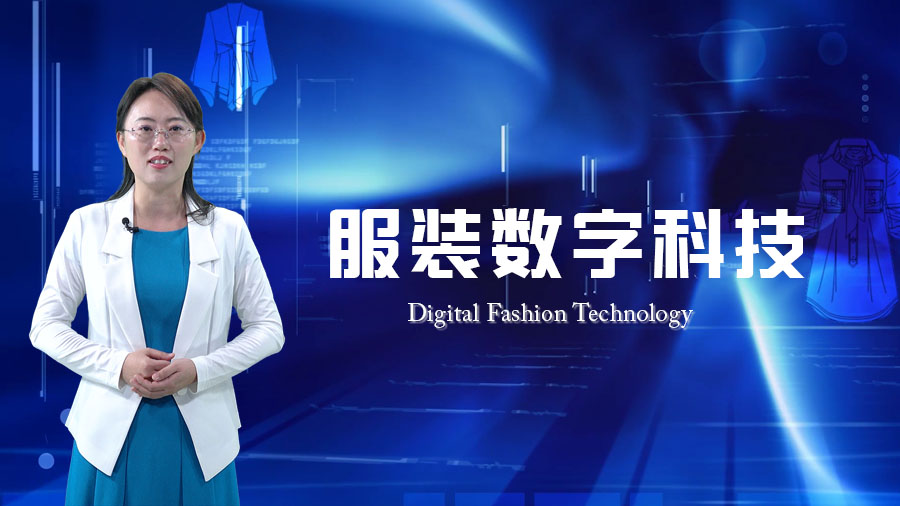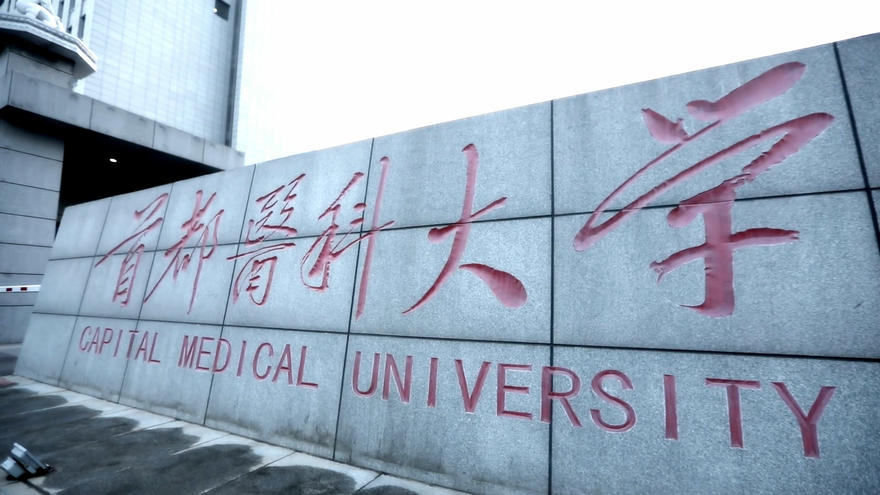
About this course
Analytical chemistry as one of the four basic chemistries is an academic discipline, responsible for characterizing the composition of natural and artificial materials, both qualitatively (what is present) and quantitatively (how much is present). That is, analytical chemistry is the science of inventing and applying the concepts, principles and strategies for measuring the characteristics of chemical systems and species. It has been widely applied in many research fields including life science, material science, environmental science and energy. The teaching emphases and difficulties of this course focus on the four principles of titration analysis and the processing of errors and analytical data. Through the system study of analytical chemistry, it can make students deeply understand the theories of chemical analysis and possess basic experimental skills as well as accurately build the concept of "quantity". Furthermore, the course will train students to develop the capacities of preliminary selecting suitable analytical method, correctly judging and expressing the analytical results, and even solving practical problems in different cases and scientific problems. In conclusion, this course lays a solid foundation for learning subsequent professional courses.
Requirements
Inorganic chemistry、Organic chemistry、Physical chemistry、Advanced mathematics
Syllabus
- Chapter 1 Introduction of Analytical Chemistry
- Chapter 2 Sampling and pretreatment of analytical samples
- Chapter 3 Data analysis
- Chapter 4 Introduction of titrimetric analysis Professional production-practice
- Chapter 5 Acid-base titration
- Chapter 6 Complexometric titration
- Chapter 7 Redox titration
- Chapter 8 Precipitation titration
- Chapter 9 Gravimetry
- Chapter 10 Spectrophotometry
Lecturer
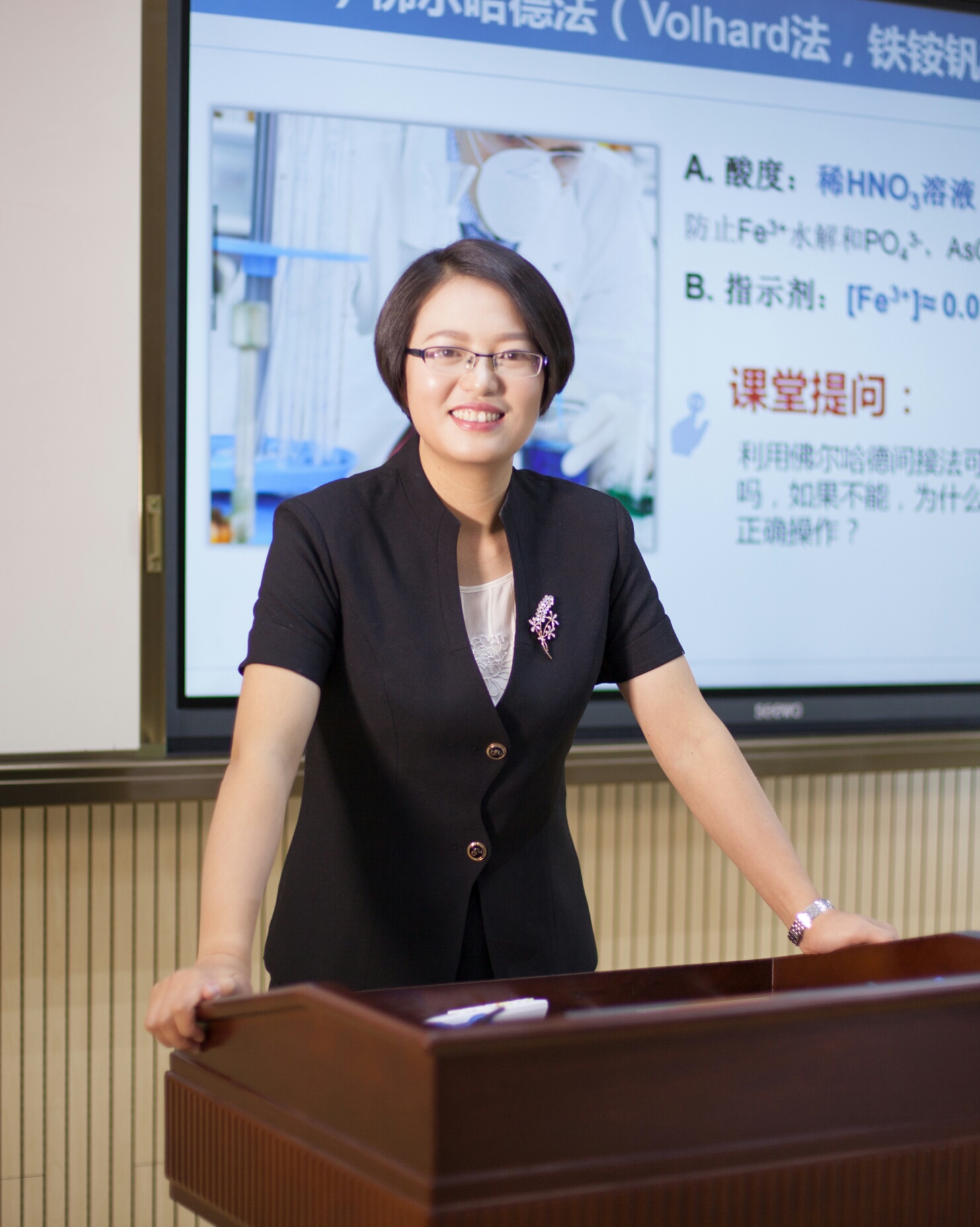 | Jinfang NIEGuilin University of Technology College of Chemistry and Bioengineering Dr. Nie, obtained her Ph.D. degree in Analytical Chemistry from the State Key Laboratory for Chemo/Biosensing and Chemometrics in Hunan University (Changsha, China) in 2010. Now she is a Professor in Guilin University of Technology (Guilin, China). She was a postdoctoral researcher in the department of chemistry, university of Oxford, UK from 2014 to 2015. Her main research experiences and research interests are: (1) Analysis and pretreatment of (high-order) data obtained from various modern analytical instruments; (2) Development of multi-way (second-order and third-order) calibration algorithms for interfere-free quantification or kinetic study of analytes of interest in real complex system; and (3) Development of low-cost bioassay and biosensing devices for monitoring and bioanalysis of clinical biomarkers. |
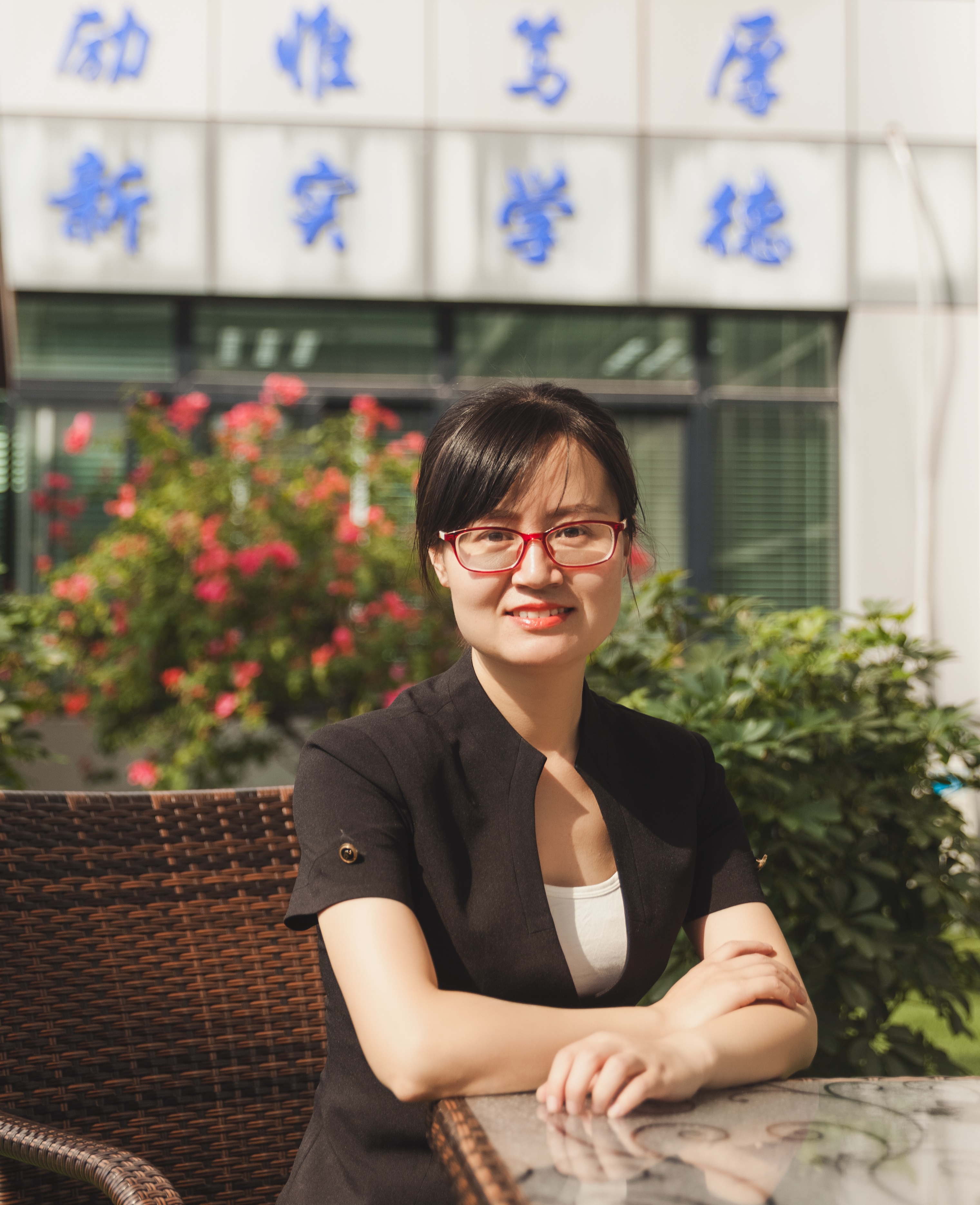 | Yuan YaliGuilin University of Technology College of Chemistry and Bioengineering Dr. Yali YUAN, obtained her Ph.D. degree in Analytical Chemistry from the State Key Laboratory electroanalysis in Changchun Institute of Applied Chemistry (Chinese Academy of Science) in 2013. She worked as a postdoc researcher in Chemistry department of National University of Singapore from 2013-2016. Now she is an associate Professor in Guilin University of Technology (Guilin, China). Her main research interests are microfluidics and biosensor. |
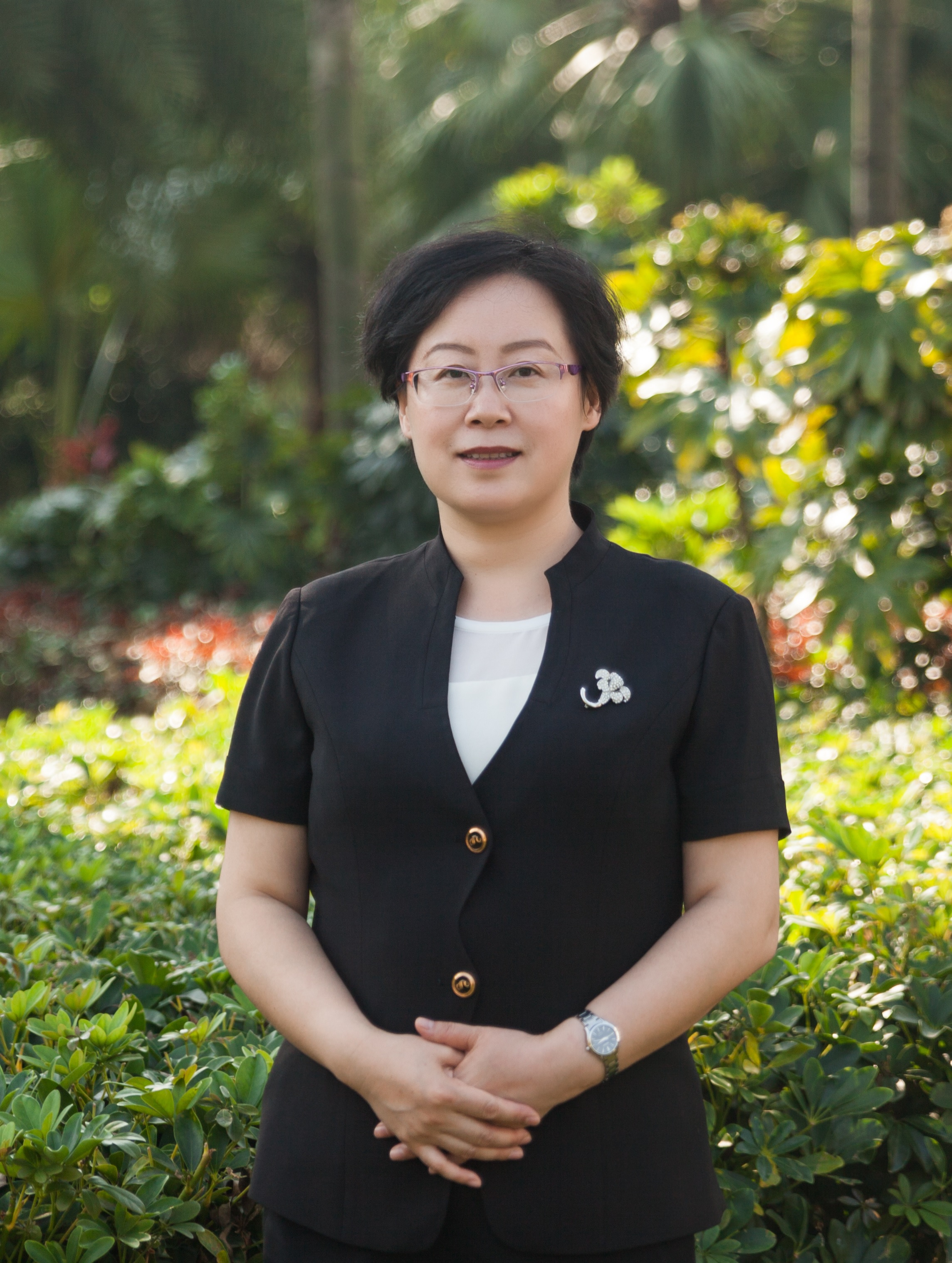 | Wenying JINGuilin University of Technology College of Chemistry and Bioengineering Mrs. Wenying JIN obtained her master’s degree in Analytical Chemistry from the Guilin University of Technology in 2005. Now she is a lecturer in Guilin University of Technology (Guilin, China). Her research focused on the development of sensitive analytical methods for monitoring the toxic and harmful substances in the environment. |
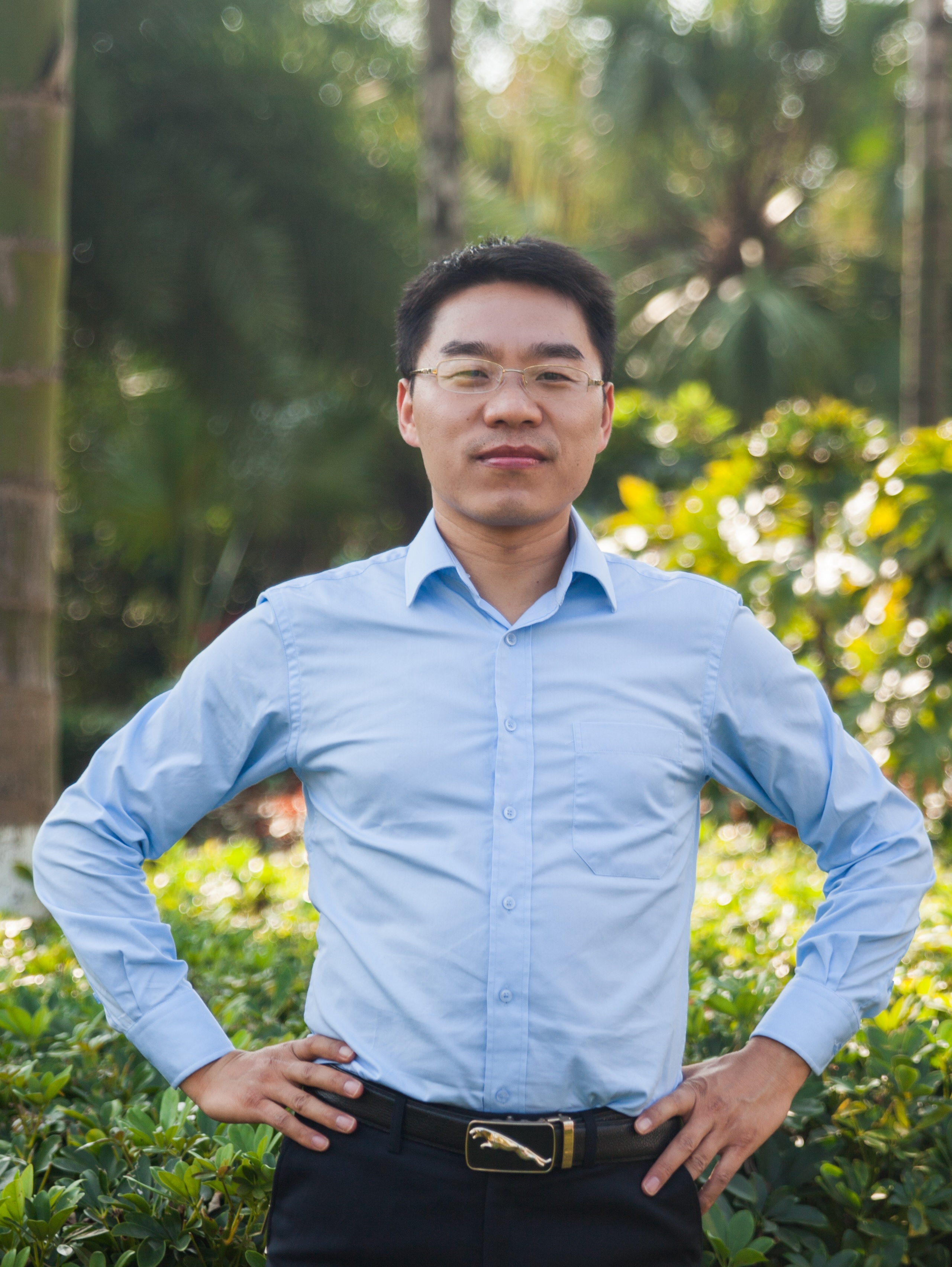 | Wenyuan ZHUGuilin University of Technology College of Chemistry and Bioengineering Dr. Wenyuan ZHU, obtained his Ph.D. degree in Analytical Chemistry from Sun yat-sen University (Guangzhou, China) in 2014. Now he is an associate Professor in Guilin University of Technology (Guilin, China). His research focuses on bioanalytical chemistry and nanotechnology. |
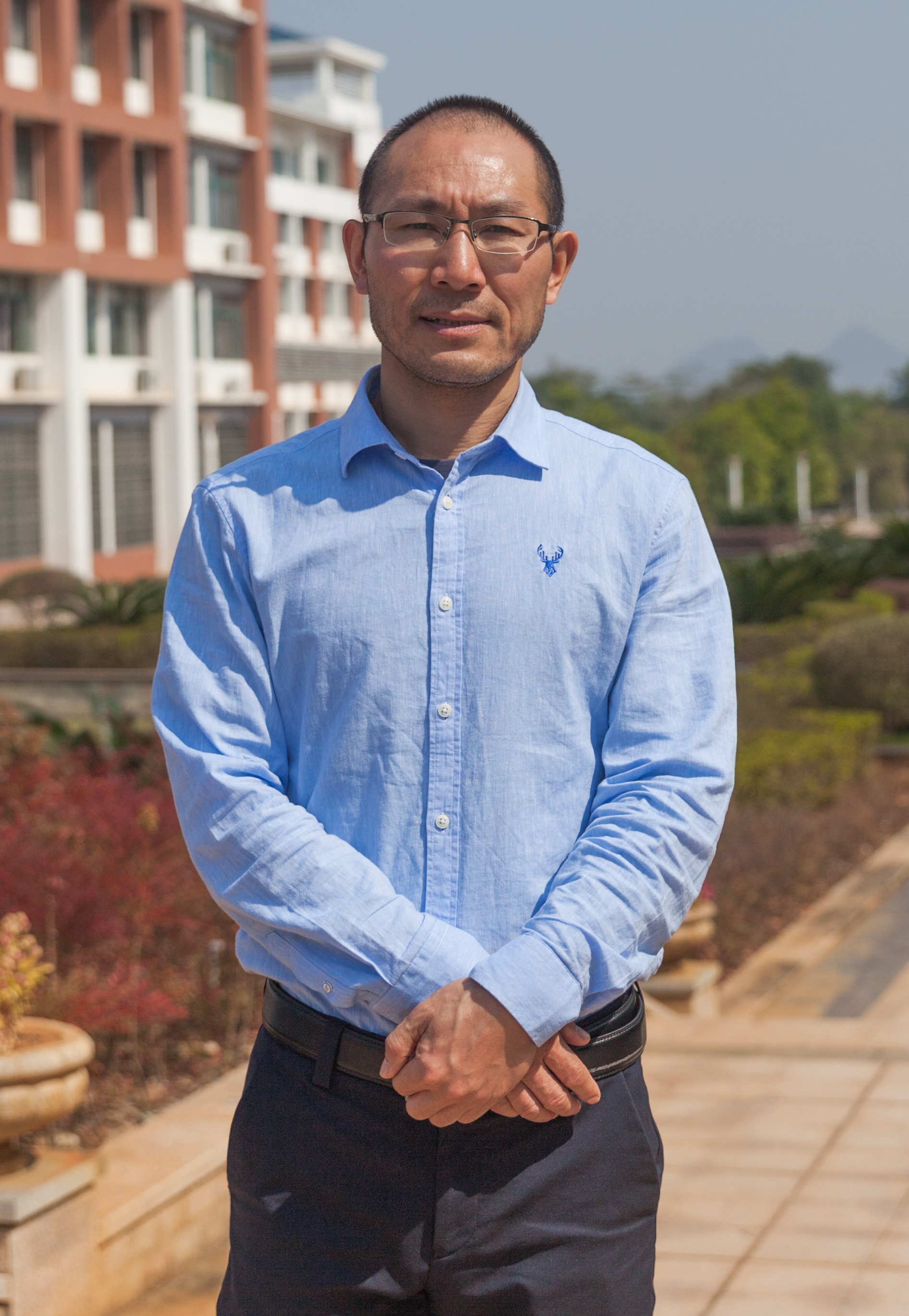 | Xiongzhi WUGuilin University of Technology College of Chemistry and Bioengineering Dr. Xiongzhi WU, obtained his Ph.D. degree in Polymer Chemistry and Physics from Lanzhou University (Lanzhou, China) in 2004. Now he is an associate Professor in Guilin University of Technology (Guilin, China). His main research experiences and research interests are preparation of adsorption materials for enrichment and separation of heavy metal ions. |
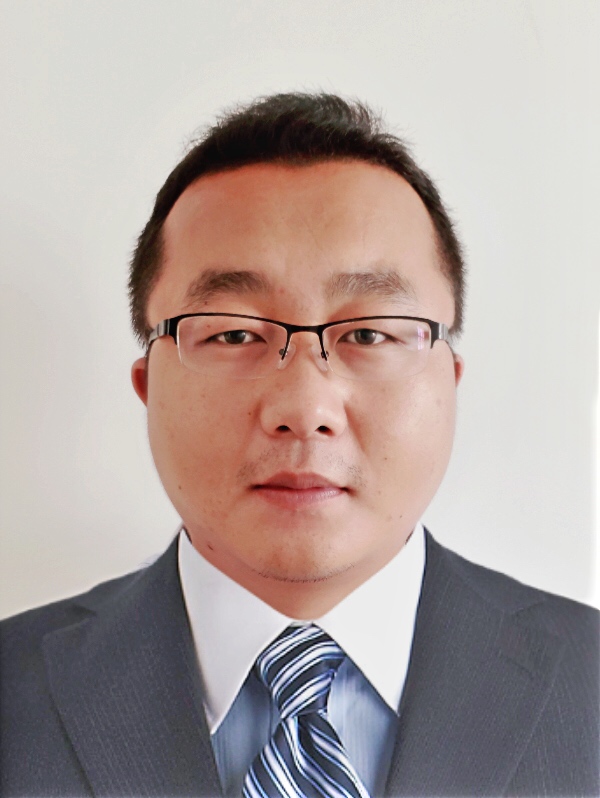 | Lianming ZHANGGuilin University of Technology College of Chemistry and Bioengineering Zhang Lianming, male, lecturer, received his Ph.D. degree in science from Chengdu University of science and technology in 2016. He is mainly engaged in the teaching of analytical chemistry and the research of electrochemical analysis, chemistry and biosensor. |
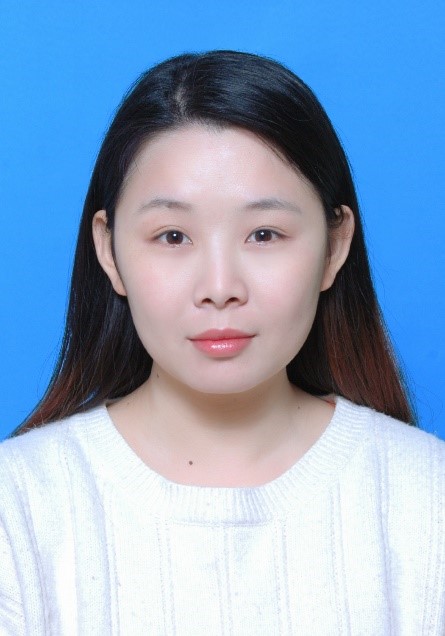 | Jianmei ZouGuilin University of Technology College of Chemistry and Bioengineering Zou Jianmei, female, lecturer, received a Ph.D. degree in science from Hunan University in June 2019. She is mainly engaged in the synthesis of amphiphilic nucleic acid conjugates and their application in the fields of biosensor and drug targeted delivery. |
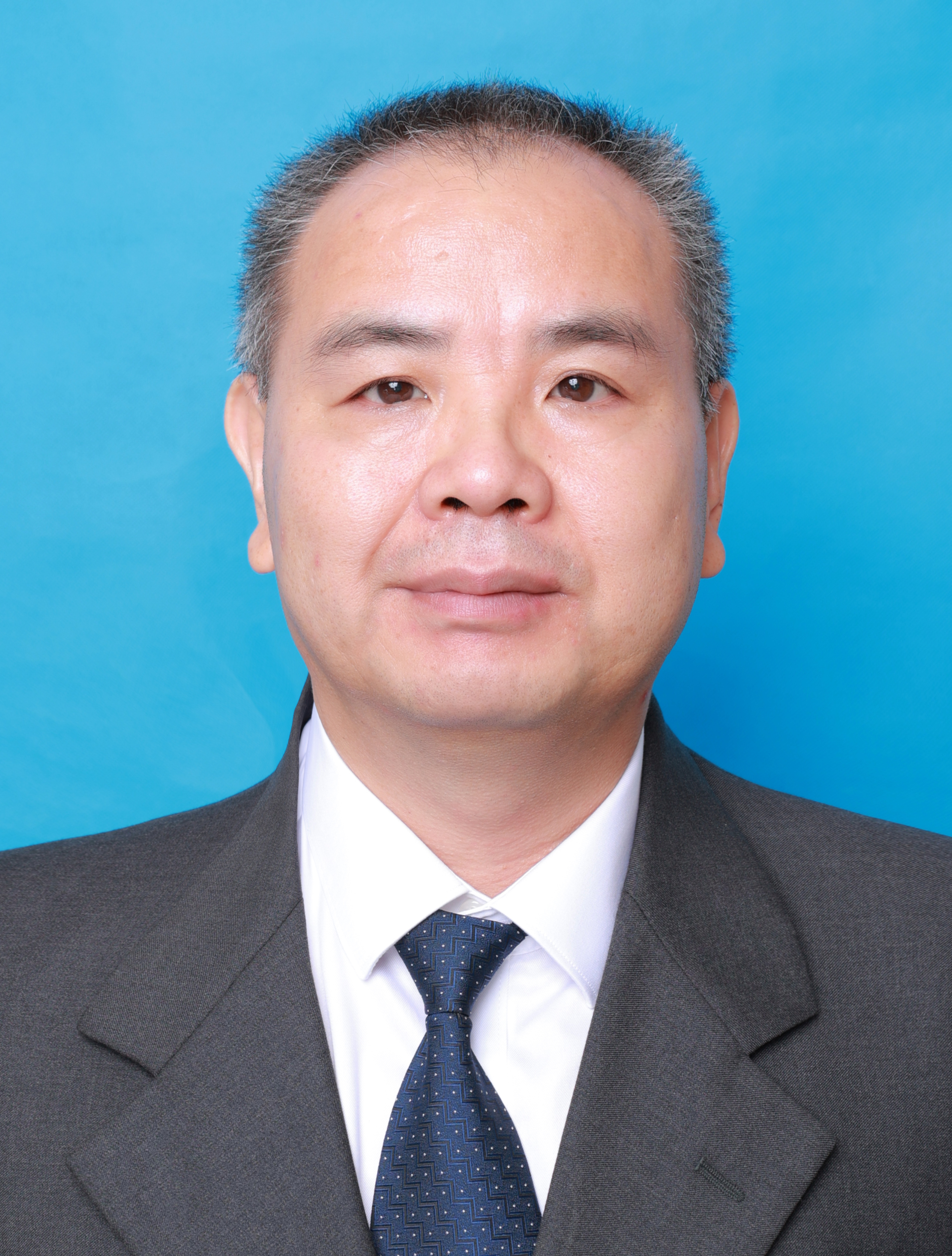 | Zhongsheng YIGuilin University of Technology College of Chemistry and Bioengineering Yi Zhongsheng, male, Professor, doctoral supervisor. In 2012, he received a Ph.D. in environmental safety and health from Nanjing University. He is mainly engaged in analytical chemistry, theoretical environmental chemistry and other fields. At present, his research interests mainly focus on the interaction between macromolecules and small molecules / macromolecules, quantitative structure-activity relationship of environmental pollutants, predictive toxicology and so on. |
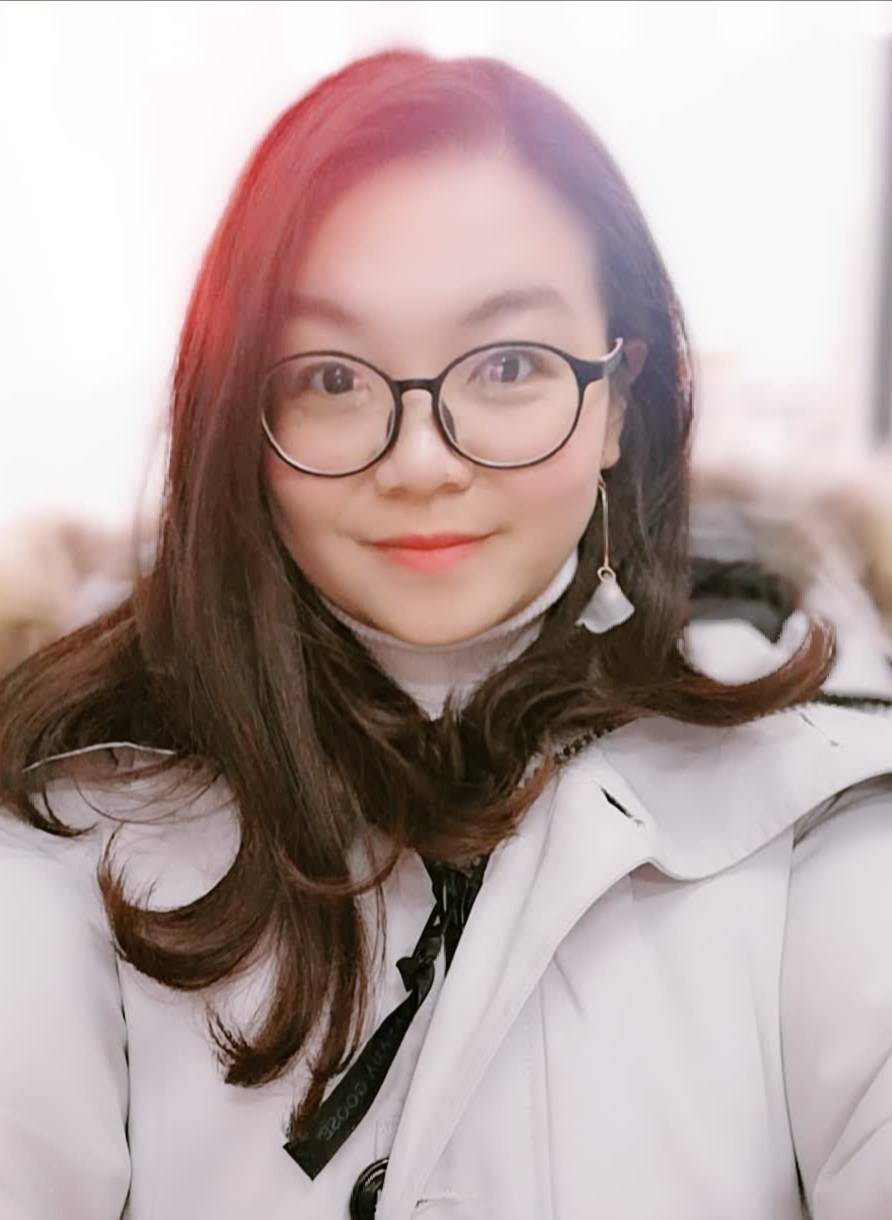 | Yanyu TAOGuilin University of Technology Tao Yanyu, an experimenter, is in charge of visual design and technical realization of this course. For many years, she has been engaged in the practical application research of the integration of multimedia technology and teaching. At present, he is mainly responsible for the school's intelligent teaching practice, providing mixed teaching reform instruction and technical support for our school's courses, including education technology application training, intelligent teaching classroom reform and MOOC micro class production. |

